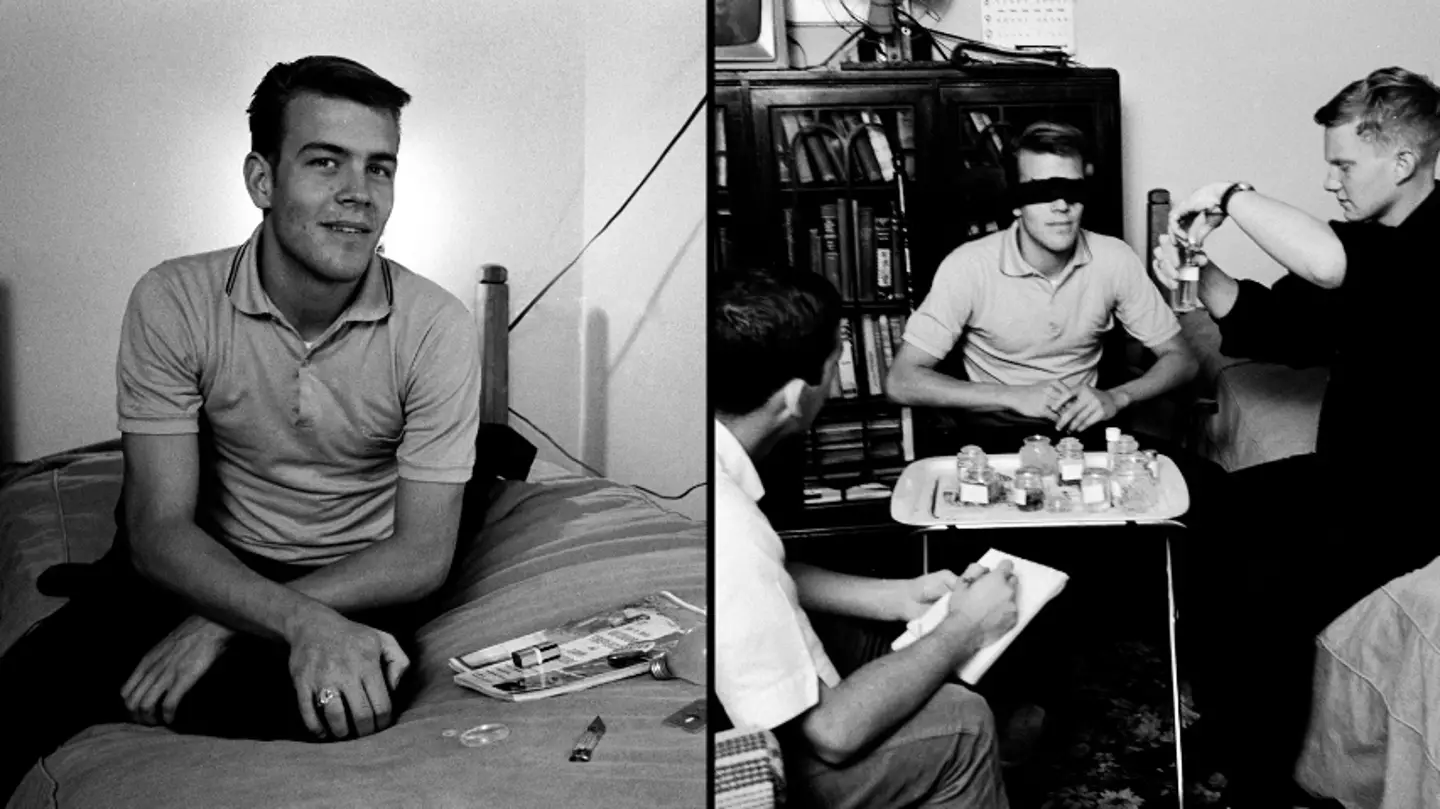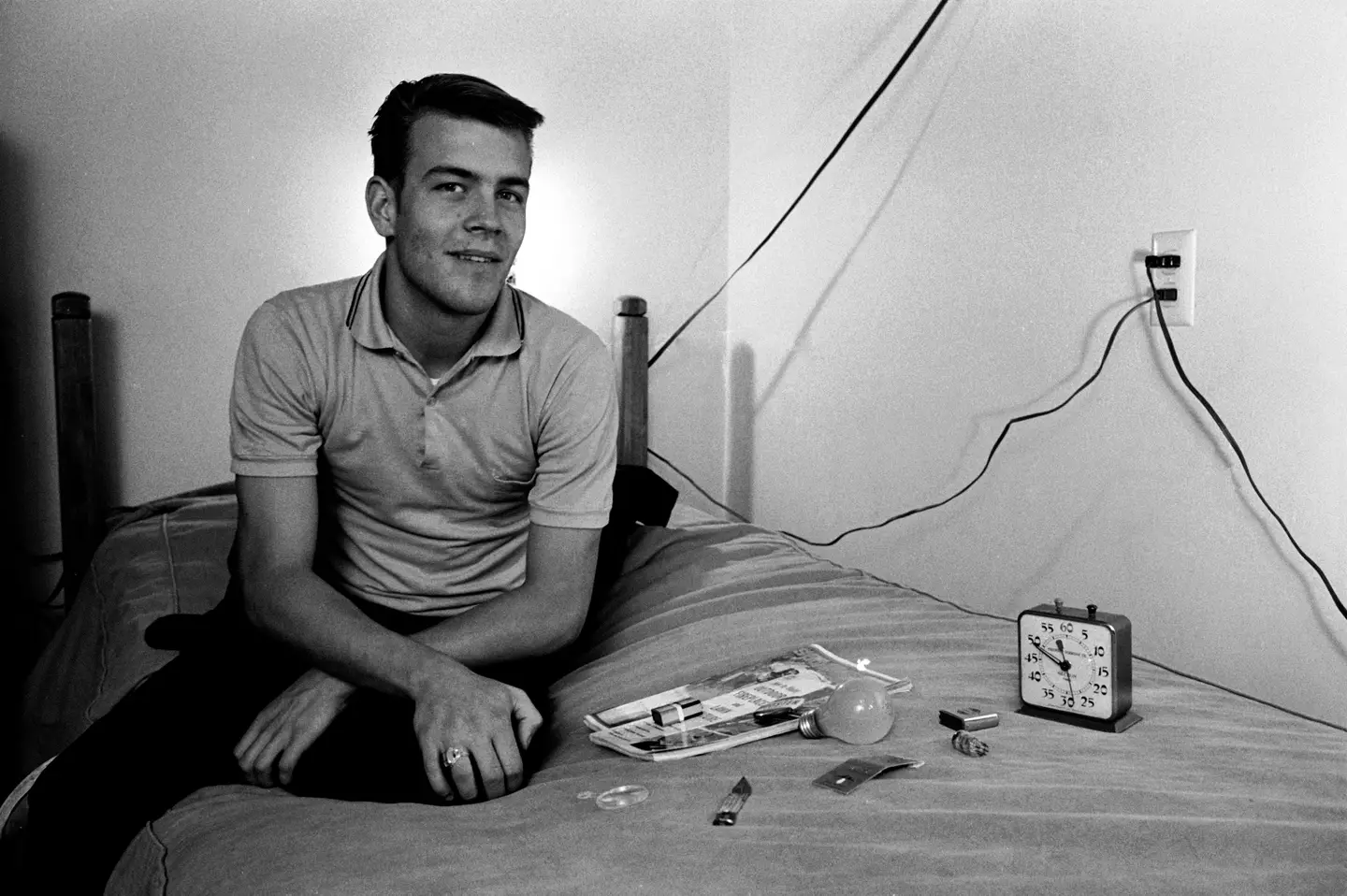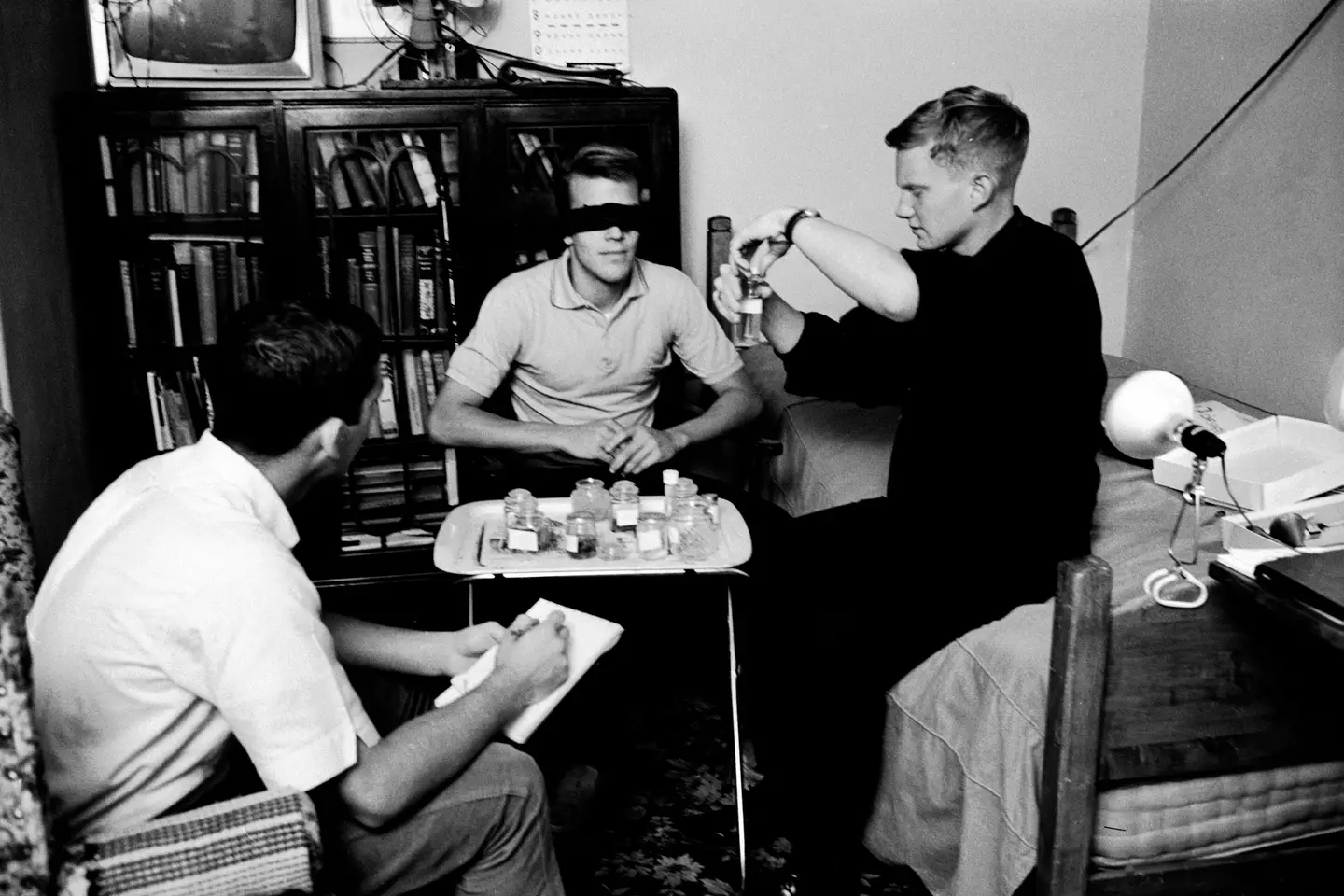
A man who stayed awake for a record breaking number of hours suffered from horrible side effects.
Back in 1963, Randy Gardner - who was just 17 at the time - was trying to think of an idea for his school science fair.
Gardner, along with his friend Bruce McAllister, decided that they would attempt to break the world record for the number of hours a person had stayed awake.
Advert
Incredibly, Gardener managed to stay awake for 264 hours, which is the equivalent of 11 days - but it came at a cost.

The study was observed by Stanford sleep researcher Dr William Dement, and US Navy medic Lieutenant Commander, John J. Ross.
It was after the second day of no sleep that the true health impact started to show, with Gardner struggling with speech and other cognitive abilities.
Advert
He began stumbling over words and by day three, he reported moodiness, concentration issues and short-term memory loss, as well as paranoia and even hallucinations.
“He was physically very fit,” Dement said. “So we could always get him going by playing basketball or going bowling, things like that. If he closed his eyes he would be immediately asleep.”
Gardner's friend McAllister later told the BBC: "We were idiots, you know young idiots, and I stayed awake with him to monitor him.
"After three night of sleeplessness myself, I woke up tipped against the wall, writing notes on the wall itself."
Once the study was over - and Gardner managed to go a crazy 11 days - the teenager slept for 14 hours.
Advert
Brain scans later revealed that Gardner's brain had been 'cat napping' the entire time' meaning parts were asleep while other parts were awake.
Despite having no short-term issues, unfortunately, Gardner went on to have problems with his sleep years later, according to WBUR.
As an adult, Gardner began to experience insomnia and was convinced the experiment was to blame.
"I was awful to be around. Everything upset me," he said.
Advert
"It was like a continuation of what I did 50 years ago."

Gardner's record was later broken, and the current record is help by Robert McDonald, who stayed awake for 453 hours 40 minutes (18 days 21 hours 40
minutes) back in 1986.
Advert
The Guinness World Records has now stopped monitoring the record due to 'the inherent dangers associated with sleep deprivation'.
Probably for the best, by the sounds of it.
Featured Image Credit: Don Cravens/Getty Images